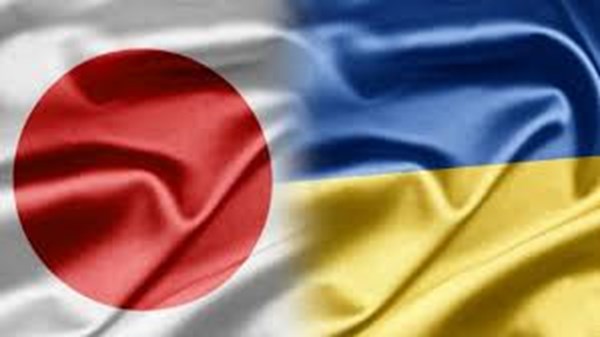Japan intensifies sanctions on Russia and unveils new aid package for Ukraine
In a significant diplomatic move, Japan has announced a ramp-up of sanctions against Russia and unveiled a fresh assistance package for Ukraine. This move marks a continuation of Japan’s staunch support for Ukraine since the full-scale Russian invasion. As Japanese Foreign Minister Takeshi Iwaya met with his Ukrainian counterpart Andriy Sybiha in Kyiv, they discussed tightening sanctions on Russia. “We have agreed to increase the sanctions pressure on the aggressor state. Since the invasion began, Japan has implemented 26 sanction packages against Russian and Belarusian individuals and entities. We will continue working to close any loopholes,” Sybiha emphasized.
Japan's robust support for Ukraine encompasses financial aid, humanitarian relief, and much-needed equipment to restore energy infrastructure. This includes a significant aid budget exceeding $12 billion since the start of the invasion, showcasing Japan’s commitment to Ukraine amid this crisis. Additionally, by utilizing frozen Russian assets, Japan aims to provide Ukraine with over $3 billion as part of the G7’s “Emergencies for Revenue Acceleration” (ERA) initiative. The Japanese ambassador to Ukraine, Matsuda Kuninori, confirmed the country's readiness to facilitate these vital funds through the World Bank.
Ukraine President Volodymyr Zelensky echoed the importance of Japan's steadfast involvement, highlighting discussions on intensifying sanctions, economic collaboration, and efforts towards a fair peace. Zelensky warned of the potential threats posed by the cooperation between North Korea and Russia, stressing the destabilizing implications it carries for both Ukraine and Asia. The dialogue marks Takeshi Iwaya as the first Japanese minister to visit Ukraine following Shigeru Ishiba's appointment as Japan’s new prime minister
Japan’s contribution goes beyond immediate fiscal aid, with strategized long-term infrastructure projects run by the Japanese International Cooperation Agency (JICA). Upcoming contributions include vital energy hardware and additional military equipment. By leveraging technology and sustainable infrastructure, Japan targets improving the resilience of Ukraine's energy grid.
As a geopolitical strategy, Japan condemns the escalating military cooperation between China, North Korea, and Russia, noting its adverse impact on regional security and exacerbation of the Ukrainian crisis. In line with its defense commitments, Japan has pledged to bolster Ukraine’s military capability—with discussions pointing to the potential supply of Self-Defense Forces vehicles and energy equipment such as large-scale transformers and protective gabion armoring. These concerted efforts underscore Japan’s comprehensive role in aiding Ukraine, aiming for both immediate assistance and sustainable long-term reconstruction.
